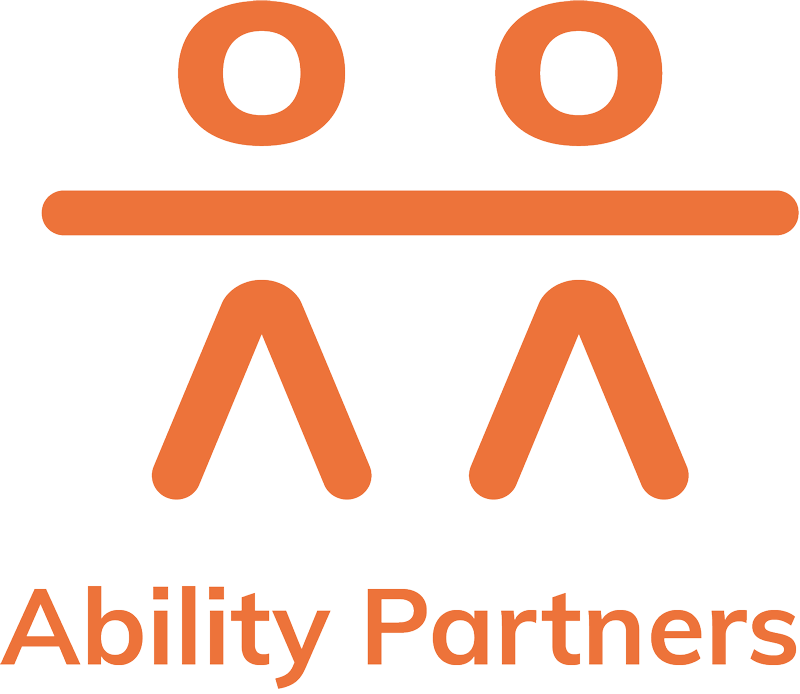How to be an evidence-based occupational therapist
What is evidence-based practice?
Law & Baum, 1998, describe evidence-based practice (EBT) as: A process whereby research evidence, clinical knowledge and reasoning are used to make decisions about interventions that are effective for a specific client(s).
Sackett et all, 1996, describe EBT as:
Evidence-based medicine is the conscientious, explicit, and judicious use of current best evidence in making decisions about the care of individual patients. The practice of evidence-based medicine means integrating individual clinical expertise with the best available external clinical evidence from systematic research.
Connect-Ed Evening and evidence-based Occupational Therapy
Ability Partners hosted a Connect-Ed Evening in Melbourne in March 2022; a professional development event for allied health professionals to learn about evidence-based Occupational Therapy from the best in the business, Professor Alison Lane, the Deputy Director of the Olga Tennison Autism Research Centre (OTARC).
How are Ability Partners developing and supporting evidence-based Occupational Therapists?
Following on from our excellent Connect-Ed event in Melbourne, Ability Partners reflected on what points from Professor Alison Lane’s presentation we could implement as an organisation. How can we build evidence-based practice into our clinician’s routine? How can we support this great habit while also providing our staff with the time they need to conduct research?

Enter Ability Partners Journal Club
We are proud to announce we will be running an internal Journal Club.
Every fortnight, one of our clinical team of OT’s, Psychologists, Physiotherapists, Counsellors, and Exercise Physiologists will be responsible for researching a particular clinical question/intervention/methodology or assistive technology. The clinician must review the research article they choose, and critique it on its methodological rigour, practical application and provide a take-home summary of the key points.
Practical and relevant
However, this is not a deep dive into a random research article or flavour of the month! We want the Journal Club to be more than an exercise in research, it needs to be practical and relevant to an existing case the clinician is working on. By requiring research discussion to be focussed on real open cases that our clinicians are managing, we are ensuring our staff are deepening their knowledge and equipping themselves with evidence-based skills they can apply immediately with their participants.
Peer learning
The review presented by the therapist in our Journal club will be critiqued and discussed by the whole mutlidisplinary team (MDT) as group. There is huge clinical value in having other members of the MDT critique your opinion on an intervention or treatment philosophy. This group discussion allows the topic to be examined under a variety of clinical lenses, and benefits the whole group, expanding our collective clinical knowledge.
Get involved
Even better! We want to share the fruits of the discussion and invite further conversations! Every fortnight, we will be sharing our latest Journal Club review with our subscribers and followers. We want your input on our review and your opinion on how said research can inform practice.
If you want to become an evidence-based Occupational Therapist, you can subscribe to our Journal Club updates below.


